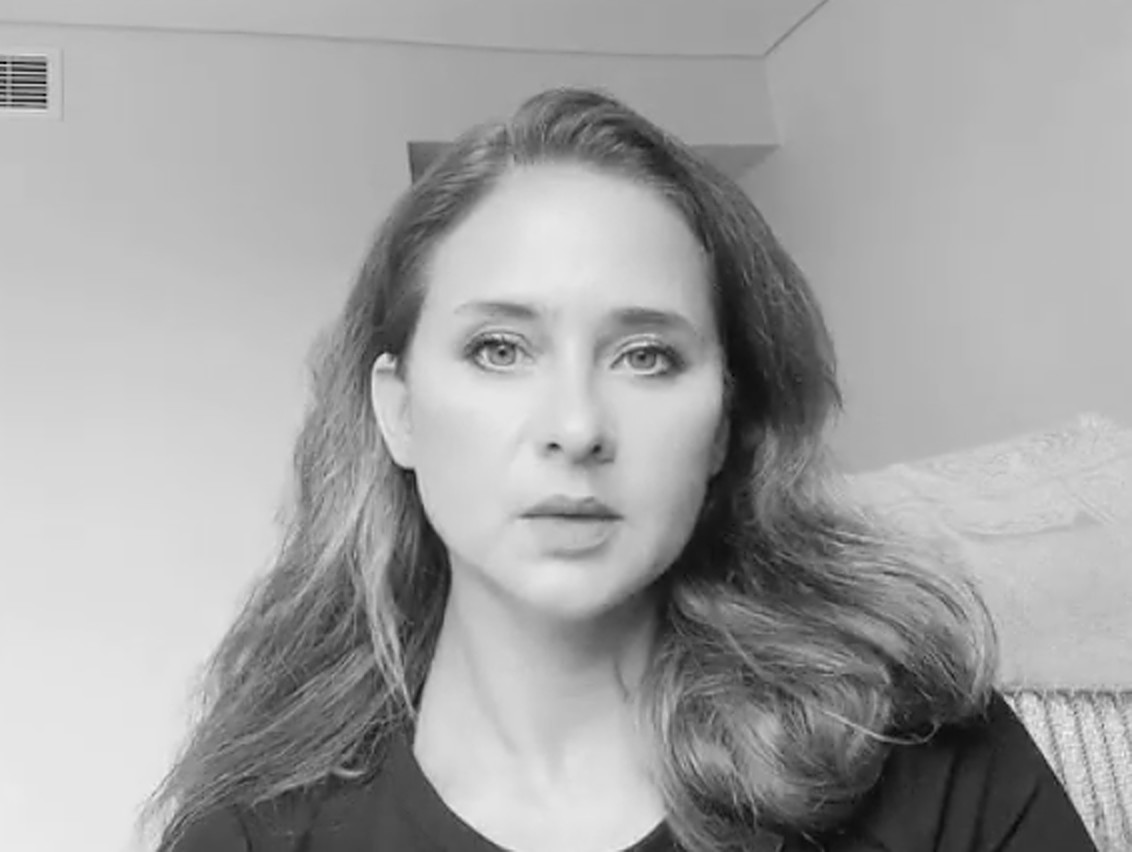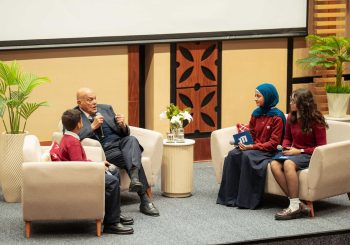This summer, Egyptian women and girls began speaking up against sexual crimes and felt connected to a power larger than themselves: solidarity. Finding hope among themselves, they were able to encourage more women to speak up and pressure authorities to take action.
However, recent events have had psychological and emotional effects on many survivors, leading them to feel more discouraged to come forward.
“I am losing hope. In the end, everything will backlash against me and I will not be able to speak up,” one of the many messages that are currently being sent to women’s rights activists like Molk Said, former UN Women project consultant and current founder of Eed Wahda, a social support platform dedicated to encourage women and girls to share their survivor stories anonymously in order to collectively and adequately support them.
Eed Wahda is a platform that started on the basis of creating a sustainable, never ending initiative – thus far they have partnered up with various stakeholders such as ‘shezlong’ for free therapy, ‘Maatisaal’ for women to have access to justice – pro bono legal aid as well as know their rights and lastly from the economic aspect they collaborated with ‘Neya’, to direct survivors to SMEs in order to help them stand on their own two feet.
Said decided to launch a new campaign #HopeStartsWithUs featuring public figures such as Nelly Karim and later Tara Emad, Asser Yassin, Sherin Arafa and Huda El Mufti to support the women that have spoken up and create an environment of solidarity.
“There is a domino effect happening, where many survivors who previously planned to speak up are now pulling back and are deciding that it is best not to. Many of them feel that they will be shamed, judged or that they would not even get their right back,” Said said.
“I want women to understand that for any real change to happen, it takes time. This is the most important time to come together again and not make it harder for these survivors. They need to feel that there is still hope.”
In one video post, Egyptian actress Nelly Karim says, “Be strong. Have hope that we can all get through anything when we are together and support one another.”
Before speaking out and seeking justice, many survivors seek resolution within the confines of their personal lives due to the traumatic experiences that they go through. Many of them also live in fear and begin to feel helpless and powerless.
Yet it is important to highlight that rape culture flourishes in an environment of secrecy, victim blaming and silence. Finding an environment of solidarity is integral to destroying the powers that push to bury their crimes from the public.
Can we create an environment of hope and solidarity? The answer is yes, according to Said, as long as we all work together to make survivors feel more encouraged to speak.
“One survivor told me that sometimes there are moments where you don’t care about justice, you just need to feel that there is someone there to reach out to.” Said adds. “The biggest impact we can have is when we really unite and we are a collective.”
For Said, we need to first get back to human basics, realizing that underestimated values like cooperation and unity are the most vital for any survivor to feel safe and hopeful. “The goal at Eed Wahda for women and girls to know they have a place to resort to when they feel like they are helpless,” she adds.
The road is long, but along the way there have been several community initiatives and organizations that were launched to reach out and provide a helping hand, such as Eed Wahda and Abuse Relief Aide.
Egyptian Streets compiled a list of 5 community initiatives and NGOs helping survivors of sexual violence in Egypt here.







Comments (2)
[…] Watch: #HopeStartsWithUs Campaign Encourages Egyptian Women to Speak Up Against Sexual Crimes […]
[…] women are using the hashtag #HopeStartsWithUs to share their stories of sexual harassment and […]